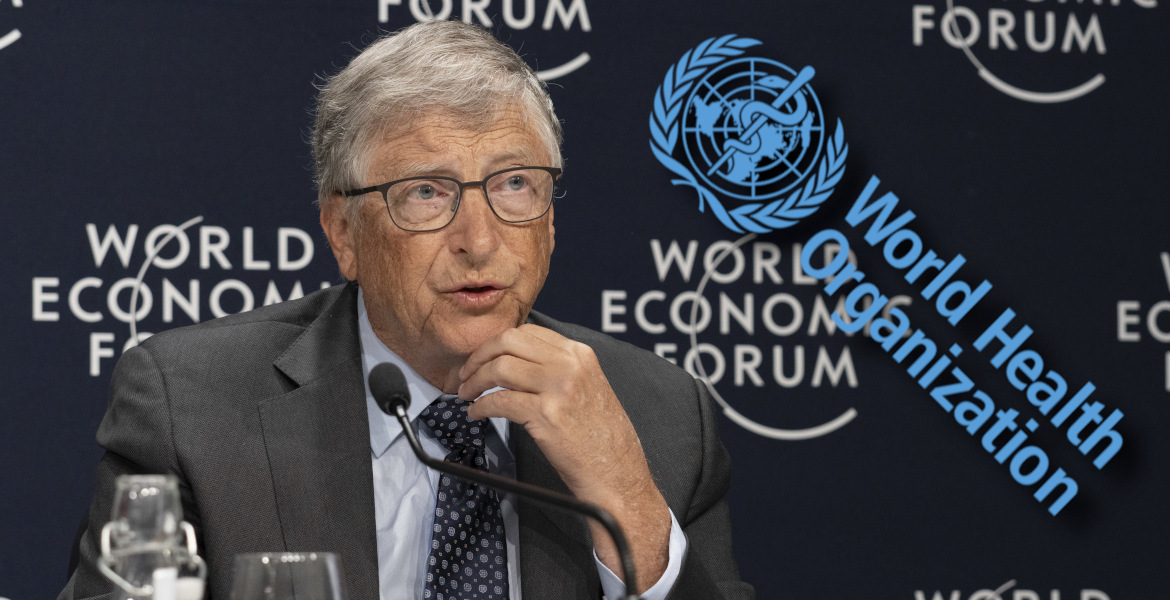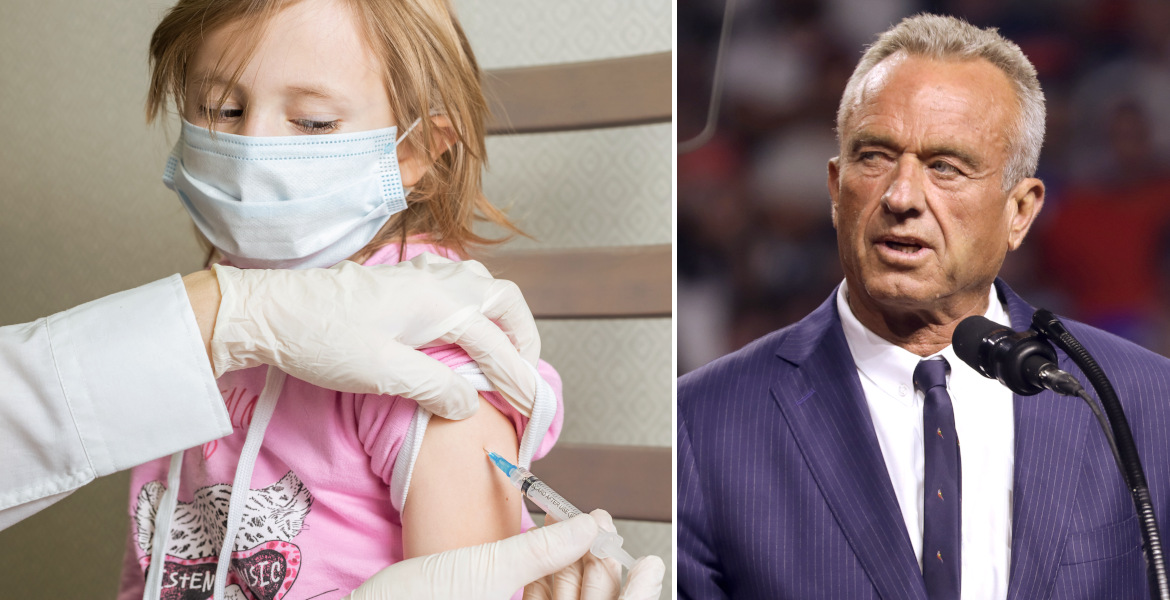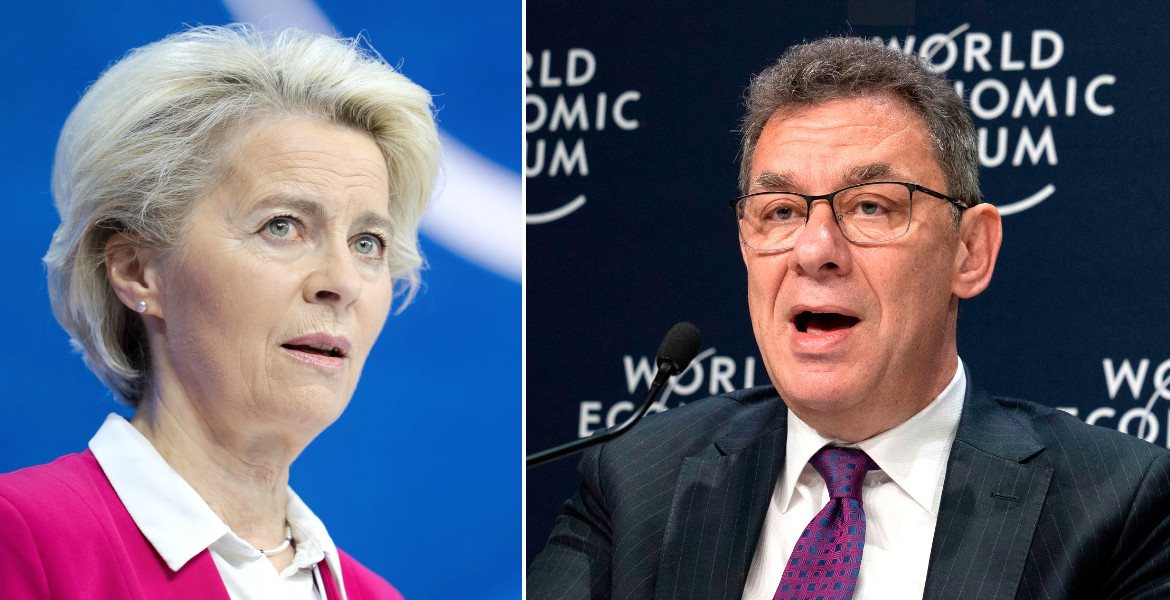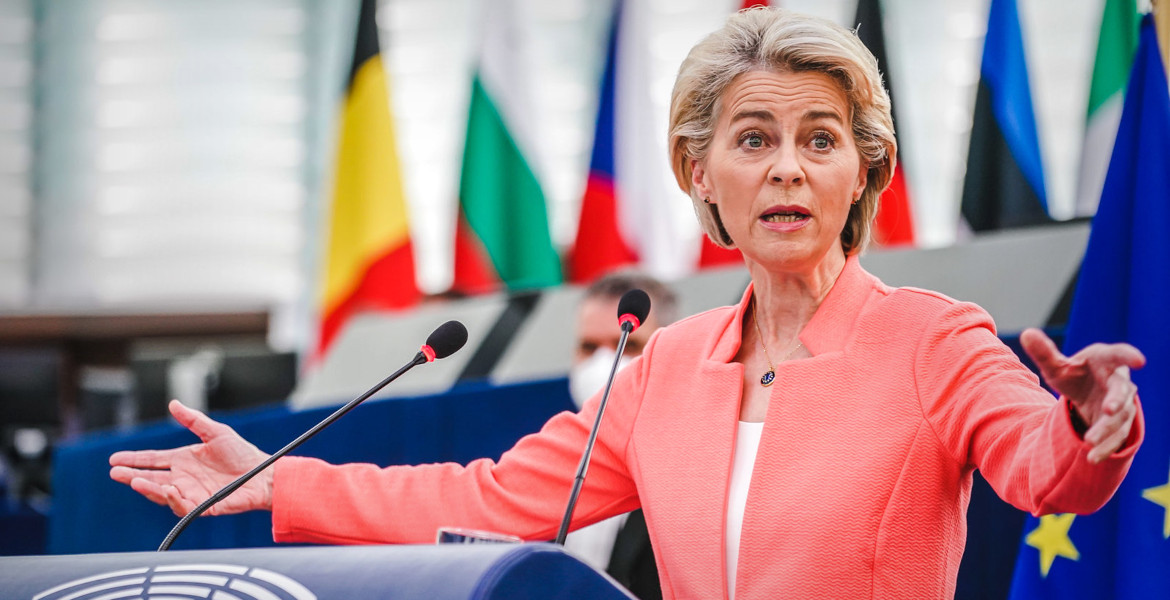The covid vaccine may be associated with an increased risk of heart muscle inflammation and blood clots in the brain. This is the conclusion of a WHO research project funded by the US Centers for Disease Control and Prevention and the globalist and vaccine lobbyist Bill Gates Foundation. At the same time, it downplays the dangers, saying that these are “rare cases”.
In a study widely circulated on social media, a “global network of researchers” reviewed data from 99 million people in eight countries and concluded that Pfizer’s and Moderna’s covid vaccines may be associated with an increased risk of inflammation of the heart muscle, while Astra Zeneca’s vaccine may lead to “rare cases” of blood clots in the brain.
The researchers also note that the vaccine has been linked to an increased risk of the neurological disease Guillain-Barré syndrome, in which the immune system attacks the peripheral nervous system. A possible link between the drugs and inflammation of the spinal cord and brain has also been discovered.
Although the researchers have identified risks with the vaccine that were not previously widely recognized, they stress that injuries are rare and say that the “few potential safety signals” that have been identified. They are also careful to point out that it is estimated that most people who receive the injections do not experience injuries or serious side effects.
– Both things can be true. They can save millions of lives, and there can be a small number of people who’ve been adversely affected, Harlan Krumholz, the study’s principal investigator and director of the Yale New Haven Hospital Center for Outcomes Research and Evaluation, said in an interview.
“Vaccine safety and efficacy”
Jacob Glanville, CEO of the biotech company Centifax, argues that the results of the study indicate that the risks of blood clots in the brain and inflammation of the heart muscle are “much higher” for those infected with covid than for those injected with the covid vaccine.
– So vaccination is still by far the safer choice, he asserts.
The high-profile study was produced by the Global COVID Vaccine Safety (GCoVS) project, which is part of the WHO Global Vaccine Data Network (GVDN) project. The project is described as “a consortium of research sites ready to conduct globally coordinated epidemiologic studies of the safety of vaccines, including COVID-19 vaccines, as they are introduced”.
“We aim to facilitate collaborative studies of vaccine safety and effectiveness using health data from diverse populations in countries around the world. With international cooperation it is now possible to have a large enough population to conduct robust analyses of rare events following vaccination”, it continues.
“Our aims are to work with vaccine safety and effectiveness experts, global health agencies, and other global non-profit health alliances to help assure the safety and risk benefit of vaccines through vaccine monitoring”, one can also read on the Global Vaccine Data Network homepage.
Gates Foundation
GVDN says it works “closely” with vaccine safety experts around the world – as well as “global health authorities and other global nonprofit health organizations”. Its work was initially made possible by seed funding from the controversial Bill & Melinda Gates Foundation, run by multi-billionaire and high-profile vaccine advocate Bill Gates.
“In April 2021, the GVDN® received significant funding from the U.S. Centers for Disease Control and Prevention for project over three years, entitled Global Covid Vaccine Safety (GCoVS). In August 2022, the U.S. Centers for Disease Control and Prevention granted additional funding to extend the GCoVS project by two years and expand the number of sites participating globally. The purpose of this project is to put in place a coordinated and harmonised post-introduction active surveillance infrastructure in diverse populations across the globe to assess the safety of COVID-19 vaccines”, the statement said.
The GVDN board is co-chaired by Steve Black, a retired professor of pediatrics who has been involved in several immunization programs, and vaccinologists Helen Petousis-Harris and Jim Buttery. The work is based at the University of Auckland, Waipapa Taumata Rau in New Zealand.








